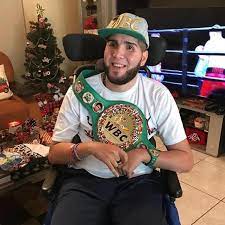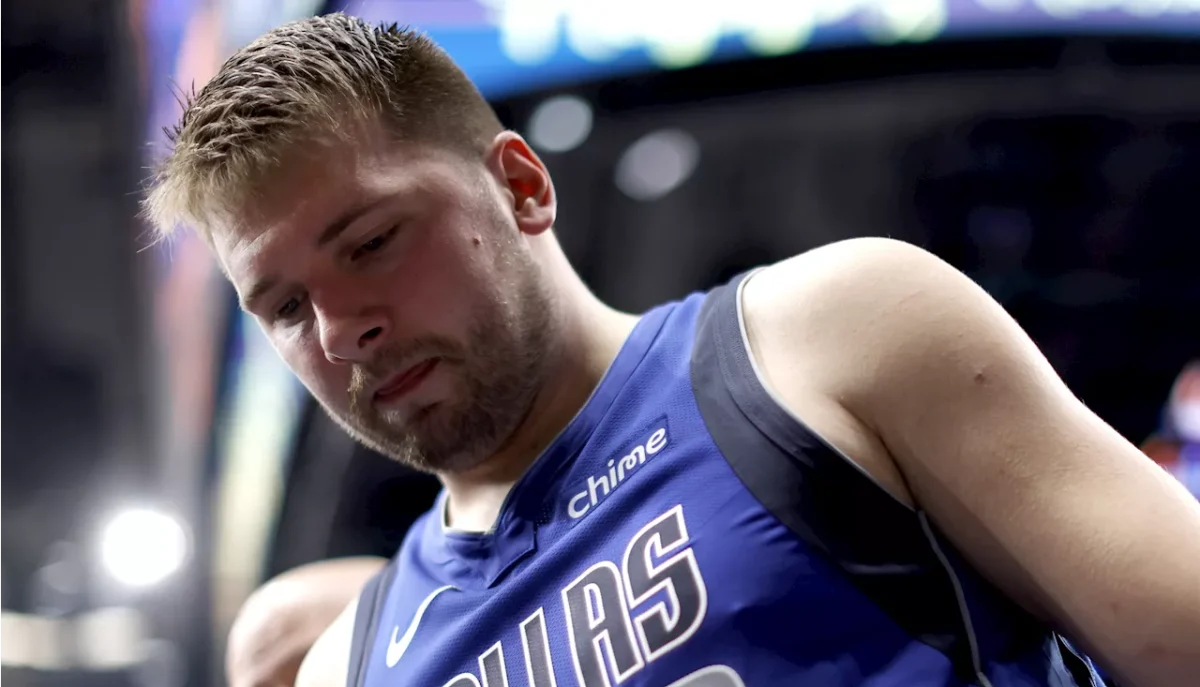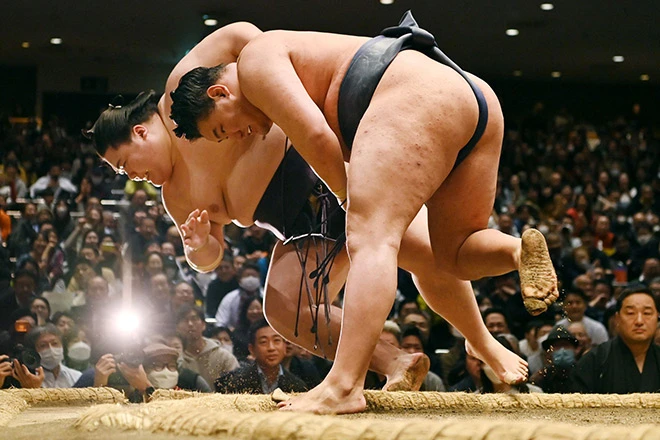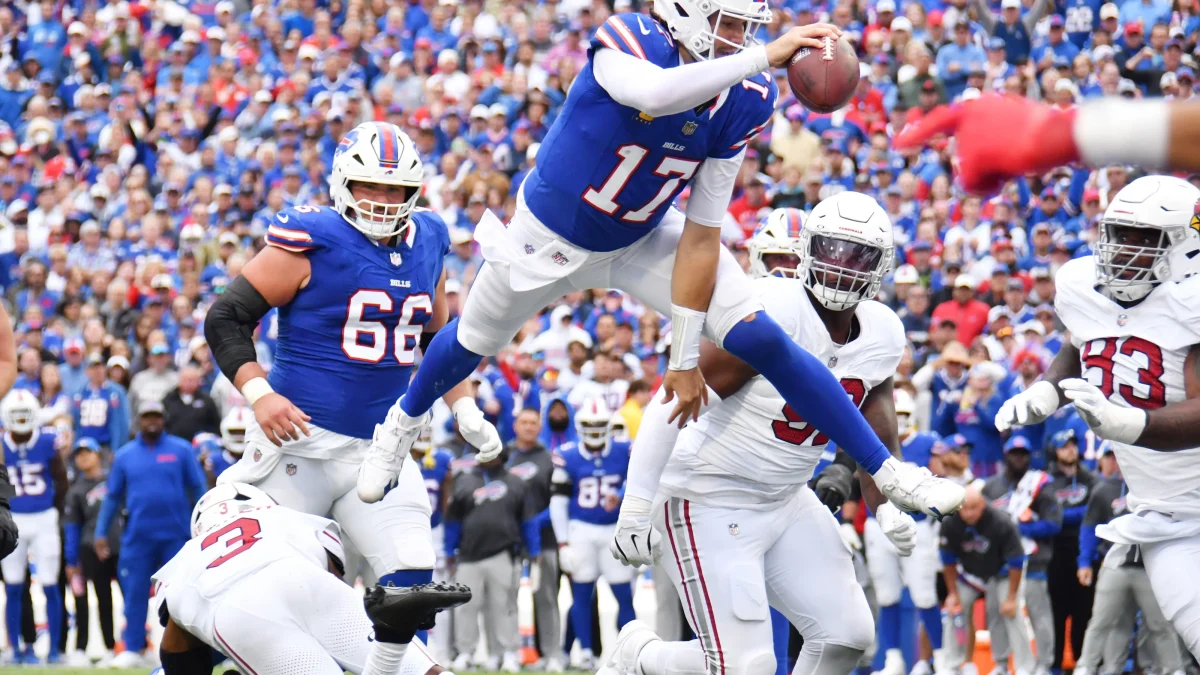On the road to success, there are many ups and downs. Sometimes, these obligations are temporary and are easily fixed. Other times, they are permanent, causing significant damage to a person, depending on what their goal is. For athletes, complications come along the way on their journey. Sometimes, they’ve made it to the top when trouble comes along, and other times, they are just getting started.
When series injuries occur, they affect athletes in tremendous ways. Major injuries can affect an athlete physically, causing them to stop playing, feel pain, and maybe struggle to do daily tasks. On a deeper level, injuries that affect an athlete’s career forever take a toll on them mentally. Depending on the severity of the injury, it can cause the athlete to become depressed or hopeless. According to Boston Children’s Hospital, getting taken out of a sport can trigger mental health issues and can even go as far as obtaining an eating disorder. A serious injury will sometimes unmask serious mental health issues. There are several well known cases that affected athletes forever, and all of their outcomes play out differently.
Bo Jackson is a former professional baseball and football player. He is the only professional athlete in history to have the title of an ‘All Star’ in two major North American Sports. His four-year football career ended abruptly in 1991 after a hip injury. He was tackled during a playoff game against the Cincinnati Bengals. The tragedy of Jackson’s hip did not seriously harm his career; it was during his recovery that he got avascular necrosis, a bone disease. He was able to continue with his baseball career for a few years with an artificial hip. On a podcast called “Get Got Pod With Marshawn Lynch and Mike Robinson,” Jackson said, “It took me forty-eight hours to get over the fact that I wasn’t going to play football anymore.” He also explained that the year of his hip injury was his last year due to his child at the time starting kindergarten, and he knew the constant traveling was not good for his education. Jackson seemed to have a positive response to his injuries and the unfortunate events during that time. “I’m not a religious person,” Jackson said, “But I knew God had a better plan for me. My hip injury was a speed bump in Bo Jackson’s road of life; that’s all it was.”
For others, sometimes their after-story cannot be told from their point of view, depending on the case. Another real-life example of an athlete’s career being over due to an injury is Pichard Colon. He was an American-Puerto Rican former professional boxer. Colon achieved notable success in his amateur career, winning five national championships, before turning pro in 2012. In a 2015 boxing match, Colon fought boxer Terrel Williams. During this match, William struck multiple illegal blows to the back of Colon’s head. By the ninth round, the fight ended by Colon’s corner and he started vomiting. Emergency responders rushed Colon to the hospital after collapsing in the locker room. He underwent brain surgery and slipped into a coma afterwards for more than seven months. Following the coma, he remained in a vegetative state, unable to speak, and required around-the-clock care. Because of Colon’s current condition, we cannot hear from him, but from the love, support and family surrounding Colon, we can witness him making some progress. Even though Colon’s boxing career is over, he still has his life to live and fulfill.
Both Colon and Jackson’s reasoning for their sports career ending is very unfortunate, but they are thankfully still alive. Athletes can sometimes return to their sport but have to perform differently, have a fear of reinjury or go through extra challenges. An article by Nebraska Medicine discusses some coping tips for athletes who are going through injuries due to a sport and are struggling mentally. The first thing to do is to stay motivated. This is seen through setting goals and establishing a process to get better. Another helpful method would be communicating with the available support. Expressing feelings and concerns with coaches, medical teams or family can lessen emotional burdens. Also, staying present in the moment will help you cope with any struggles. This specifically prevents someone from being overwhelmed by the recovery time.









